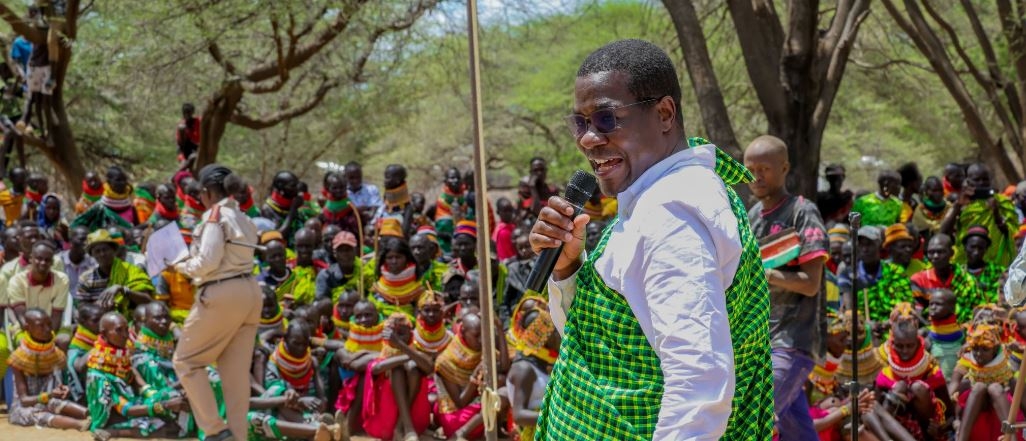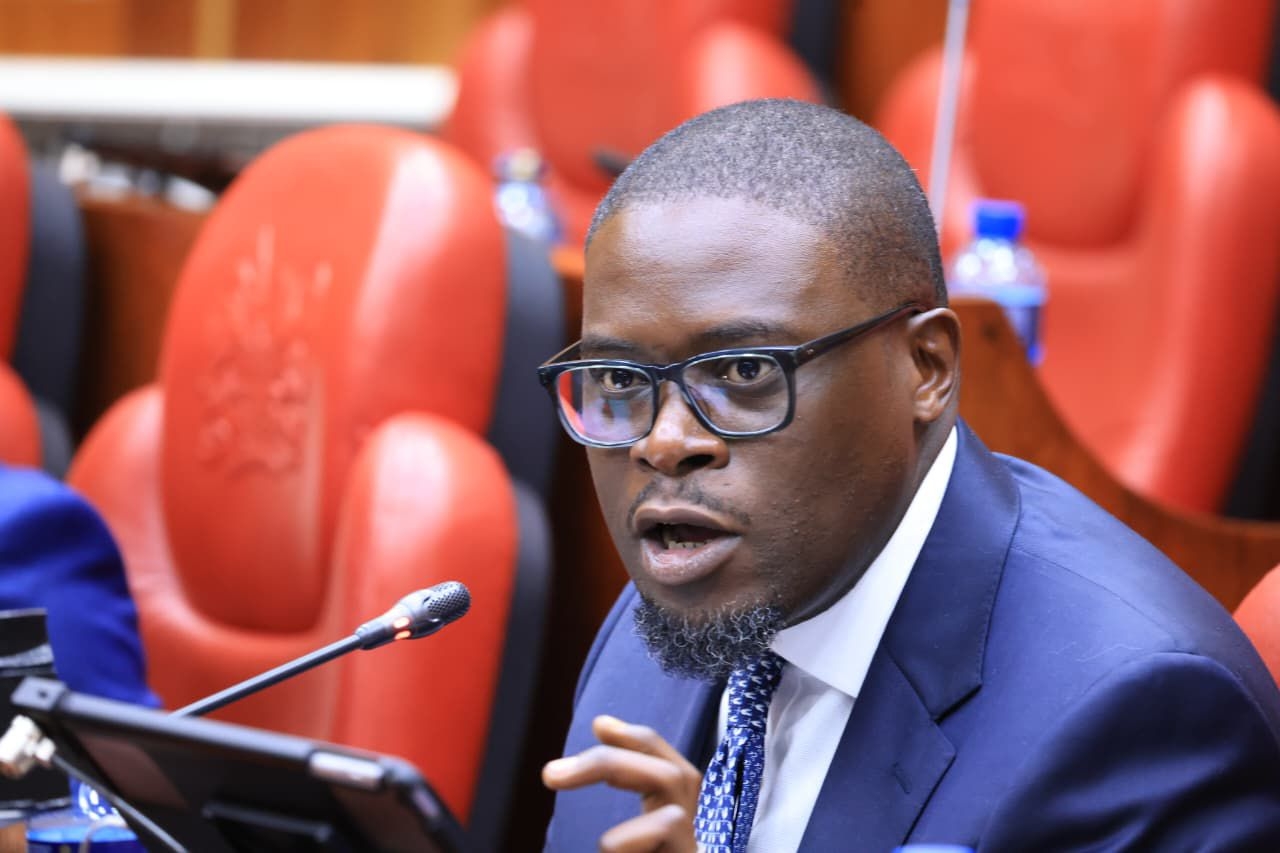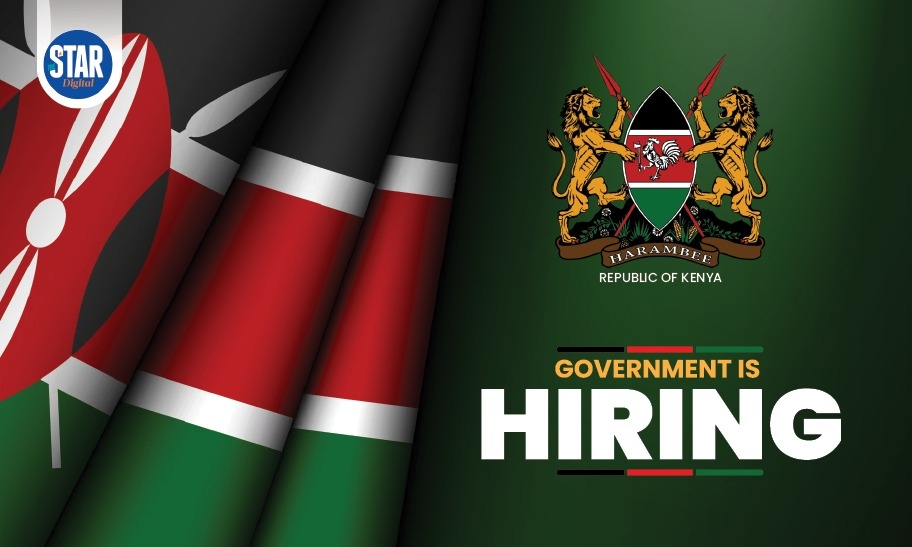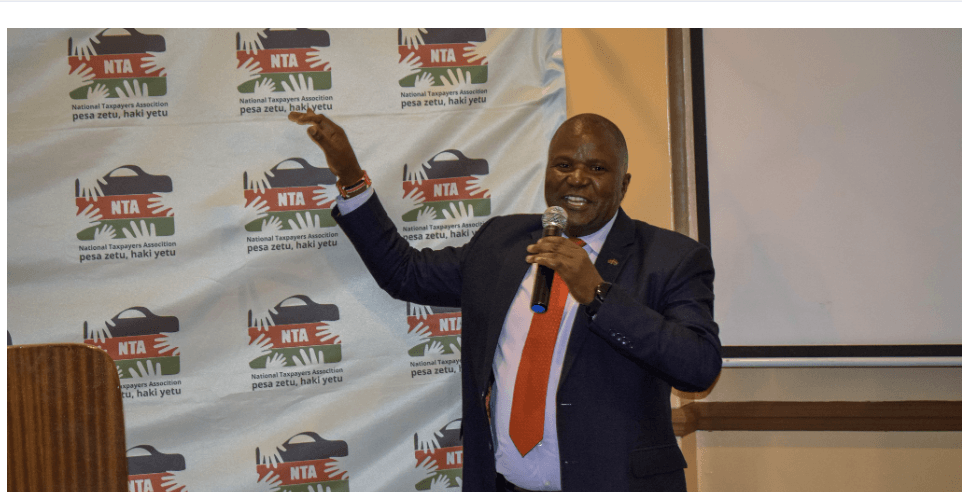
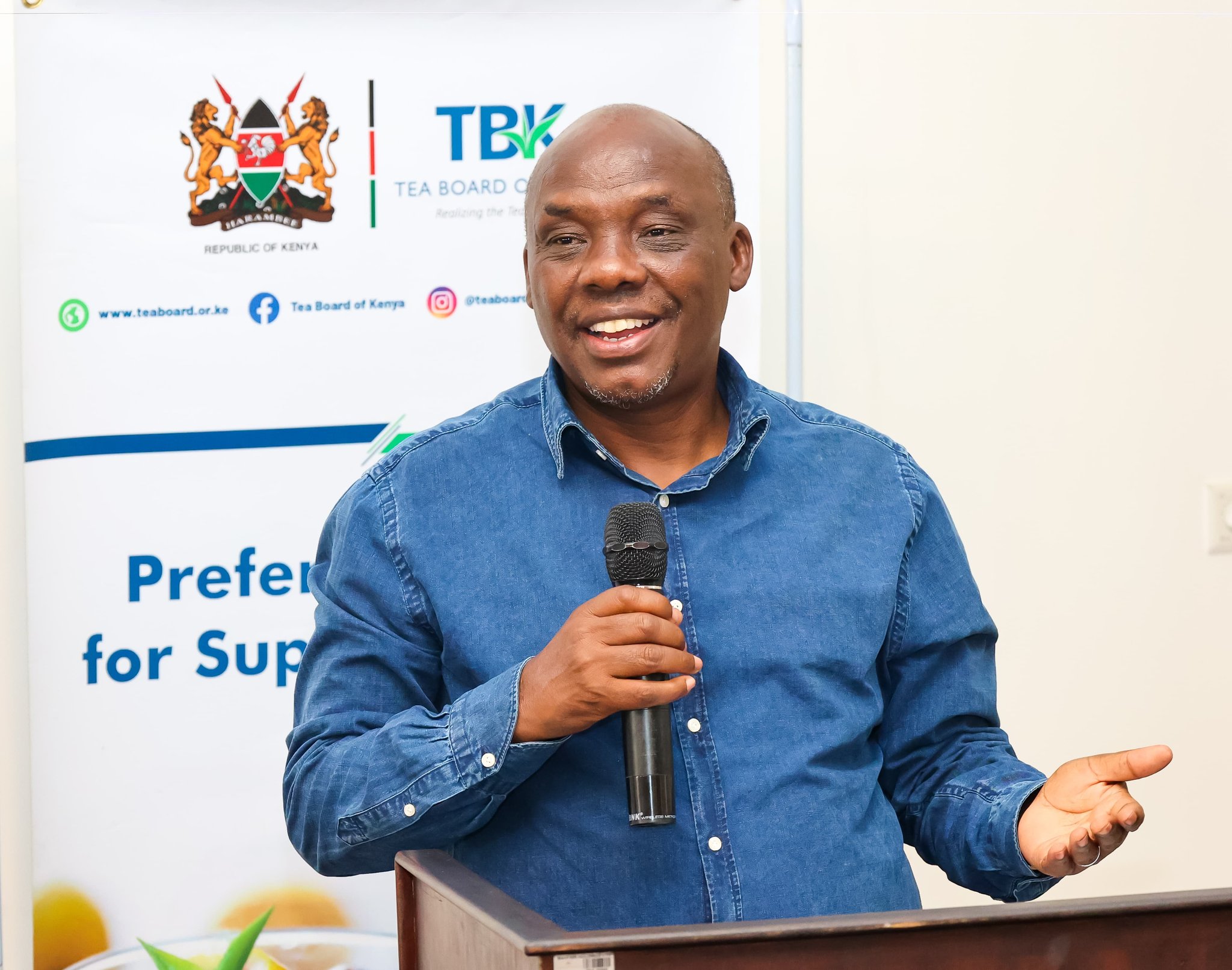 Agriculture Principal Secretary Paul Ronoh.
Agriculture Principal Secretary Paul Ronoh.The government and the Kenya Tea Development Agency (KTDA) have unveiled a raft of new measures aimed at enhancing tea prices as well as tackling the issue of unsold teas.
A consultative meeting held in Kisumu on Friday bringing together factory directors from the West Rift, the Tea Board of Kenya, East African Tea Trade Association (EATA), tea buyers, and KTDA management also focused on the issue of unsold teas.
As of July last year, there was an estimated 100 million kilos of unsold at the KTDA warehouses in Mombasa.
The government suspended the minimum reserve price in August with hopes that it will unlock new purchases and help reduce unsold stocks shunned by buyers since last year.
The set price of Sh313.31 per kilo of tea was set in 2021 as a way of safeguarding farmers' earnings.
During the meeting, chaired by Agriculture Principal Secretary Paul Ronoh, it was agreed that all factories should provide an update on their unsold tea stocks within one week for appropriate action.
“All tea factories are required to provide data on unsold teas to the Tea Board of Kenya so that the necessary steps can be take to address,” Ronoh said.
Other key resolutions included a ban on selling tea below the cost of production, with factory directors being given full responsibility for managing sales at their respective factories.
Additionally, all factories were instructed to prioritise enhancing the quality of their tea. Factory directors were urged to meet with their brokers immediately to establish competitive tea prices.
The government also committed to reviewing levies and taxes on tea to promote value addition industries and pledged financial support for older factories.
There were discussions about seeking new markets for Kenyan tea abroad, and buyers expressed their support for better tea prices for farmers.
The meeting also saw the participation of members of the special Taskforce formed to look into ways of addressing unsold stock.
It was led by its chairperson, Nicholas Munyi.
The 15-member team formed by former Agriculture Cabinet Secretary Andrew Karanja is charged with investigating underlying causes that led to this accumulation and the impact it has on the sub-sector.
It is also required to propose short, medium and long-term solutions to the issue.
Additionally, it is tasked with undertaking a probe on delayed payments, the conditions and charges of warehousing, and the quality and shelf life of unsold teas.
Part of its scope also includes investigating the reasons for the huge differences in tea prices between the East of Rift and West of Rift and make appropriate proposals.
In carrying out its mandate, the team will hold meetings and public forums with stakeholders from the tea sector across the country.




